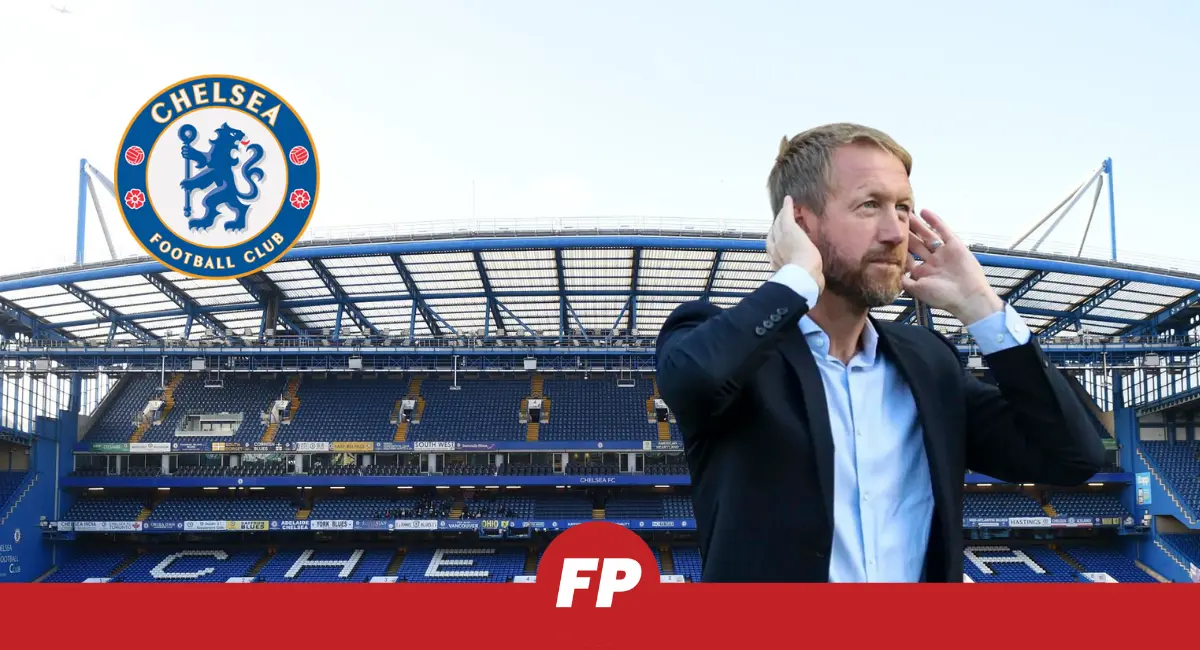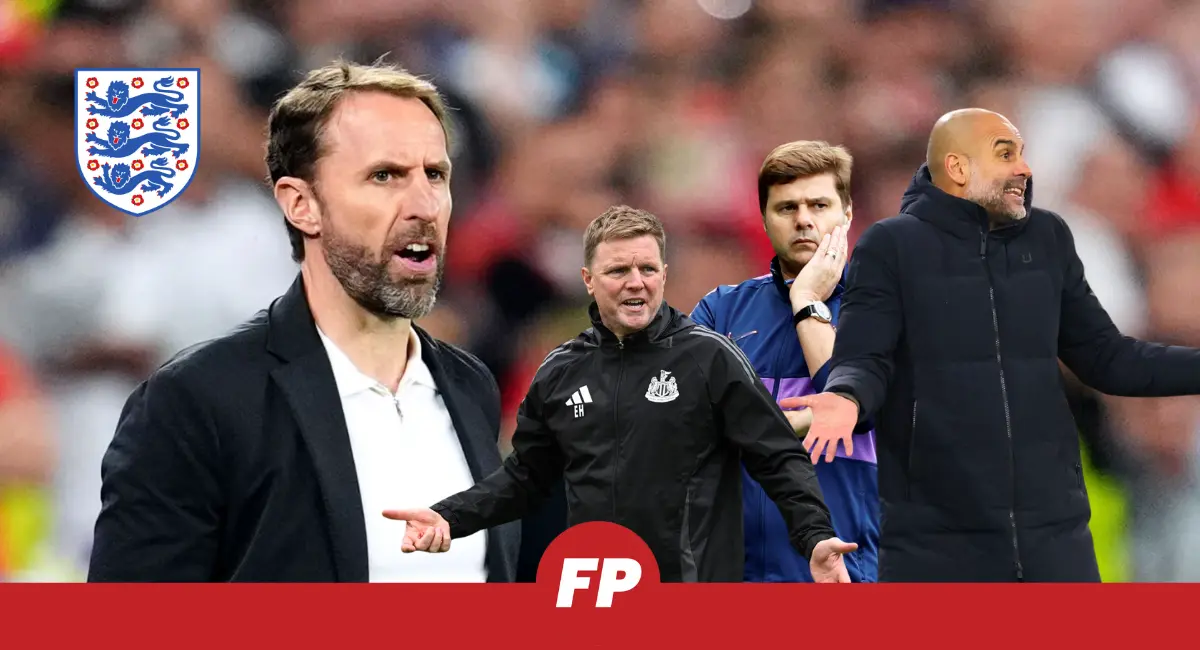The English and Welsh FAs, the EFL, and IFAB (International Football Association Board) are all being sued by ex-players who have suffered football concussion related injuries.
The claim is said to involve 17 former football players between the age ranges of late 30s and mid 70s, including 1966 World Cup winner Nobby Stiles.
The England legend sadly passed away in 2020, with 6 other players whom the claim relates to having also passed away in recent years.
Alongside suffering from dementia and prostate cancer, Stiles’ brain was also said to have been diagnosed with chronic traumatic encephalopathy (CTE). This particular ailment is heavily linked with repeated blows to the head.

A group of the remaining former footballers and their families are collectively suing the English & Welsh FAs, as well as the EFL, and rule making body IFA on account of the footballing bodies’ negligence in regards to football concussion injuries.
The group are represented by Richard Boardman of Rylands Garth Solicitors, and claim that football’s governing bodies have been “negligent and in breach of the duty of care owed” to the 17 former players.
It is also said that the claimants have suffered “permanent long-term neurological injuries” as a result of this negligence.
The group argue that the footballing bodies admit their liability on account of the new rules that have been brought in to manage concussion injuries in the game in recent years.
These rules included a maximum of 10 ‘higher force’ headers allowed per player per week in training, and permanent concussion substitutes being introduced in the Premier League in the summer of 2021.
An addition to this rule is said to be coming in July of this year, stating that permanent concussion substitutes can be used even if all other subs have already been spent – but it will be down to the discretion of each league as to whether it is implemented.

The claimants said that the introduction of these new rules “amounts to an admission of liability in respect of the defendants’ past failure to take reasonable steps to reduce players’ exposure to the risk of long-term neurological injuries… to the lowest possible level at a much earlier date”.
The group also stated that the “causal link between cumulative blows to the head and permanent brain injury has been reported on and demonstrated for over a century”, and the defendants “ought to have known”
The claimants also highlight 2 incidents in 1989 that each involved a player who continued to play on after suffering a traumatic head injury, with “no evidence to suggest that any positive action was taken to protect players”
Concussion in football: The numbers
The link between football and concussion injuries is not a new discovery.
A meeting of the FA’s medical committee in 1983 determined that “players who had been concussed should take no further part in the game.”
An even scarier statistic was unveiled by a study conducted in 2019, which came to the conclusion that ex-football players were 3.5X more likely to die of dementia than the general population.
The FA said of their responsibility of managing concussion in the game:
“We continue to take a leading role in reviewing and improving the safety of our game. This includes investing in and supporting multiple projects in order to gain a greater understanding of this area through objective, robust and thorough research.
“We have already taken many proactive steps to review and address potential risk factors which may be associated with football whilst ongoing research continues in this area, including liaising with the international governing bodies.”
The Football Association of Wales said that they “take the welfare of players extremely seriously and player safety is, and always has been, of paramount importance to us.”











